Indian infrastructure firms are gradually pursuing projects in Africa to counter the effects of the downturn in domestic orders due to lock-down restrictions and environmental clearances. Robust order opportunities for highways, urban infrastructure, mining and affordable housing, coupled with lower entry barriers in the African region, make the content appealing to Indian firms, business executives said.
Although most Indian firms have concentrated on constructing roads in countries such as Tanzania, Nigeria, Gabon and Ghana, prospects could spill over to 24 countries out of a total of 54 nations on the African continent, as these 24 nations together account for 85 percent of the gross domestic product, population and development grants from sub-Saharan Africa.
Africa continues to be a market with untapped potential, said the executive director of the Ramky Infra Hyderabad-based Gabon Special Economic Zone, an industrial park, in the capital city of Libreville.
According to a World Bank survey conducted earlier to evaluate Africa's infrastructure deficit, only one in three rural Africans has access to all-season roads and more than 20 percent of the population in countries such as Tanzania, Ghana and Cameroon must drive more than two kilometers to their primary water source.
The World Bank survey expected this development for Africa as the global economy recovers and the outlook for oil producers such as Nigeria and Angola improves. Companies like Larsen & Toubro have ventured into the power business in Africa and are laying transmission lines as Africa's main infrastructure shortfall is in the power sector.
L&T's President, Engineering and Construction Ventures, says the company has a promising order pipeline in Africa, especially in the area of power transmission and distribution. Last year, L&T signed an agreement with South Africa-based Befula Investments for a joint venture to build power transmission and distribution (T&D) projects in South Africa.
The group, while evaluating South Africa's market prospects in the power sector, said that the South African government is likely to spend USD 10-12 billion over the next few years in growing the T&D network over the next five years. The nation currently has a peak demand deficit of 3,000 MW and is projected to rise by 6% per year.
Indian companies working in Africa say that clearances are fair and timely and, thus, a well-structured project in a secure country is simple to execute. MS Unnikrishnan, Managing Director of Thermax, which produces boilers and other energy engineering devices, said that while it is not easy to enter a new overseas market due to high entry barriers, Africa is a strong choice.
Regulatory expectations are not as high as they are in other markets. We already trade in markets such as Kenya and Nigeria. Thermax plans to expand operations in Africa as domestic markets show signs of a decline. Its current services to customers include heating devices, waste heat recovery systems, water treatment facilities, absorption chillers and value chemicals.



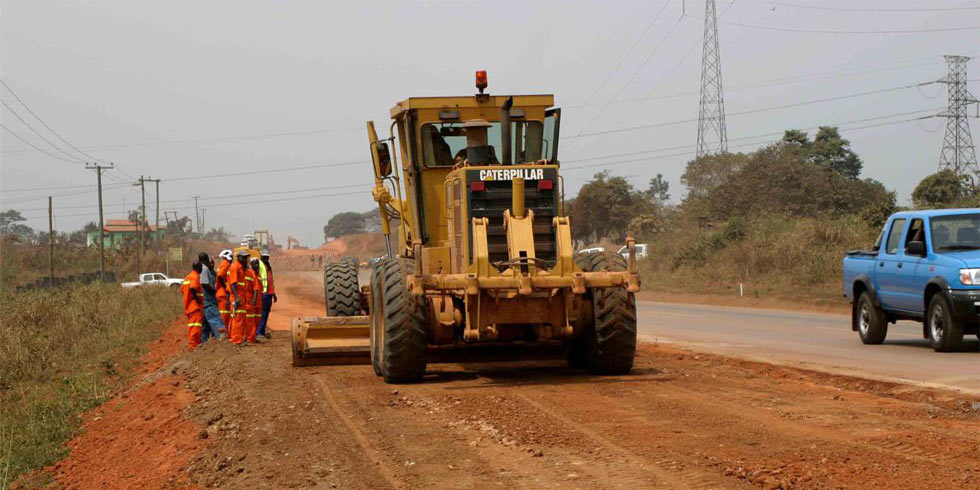
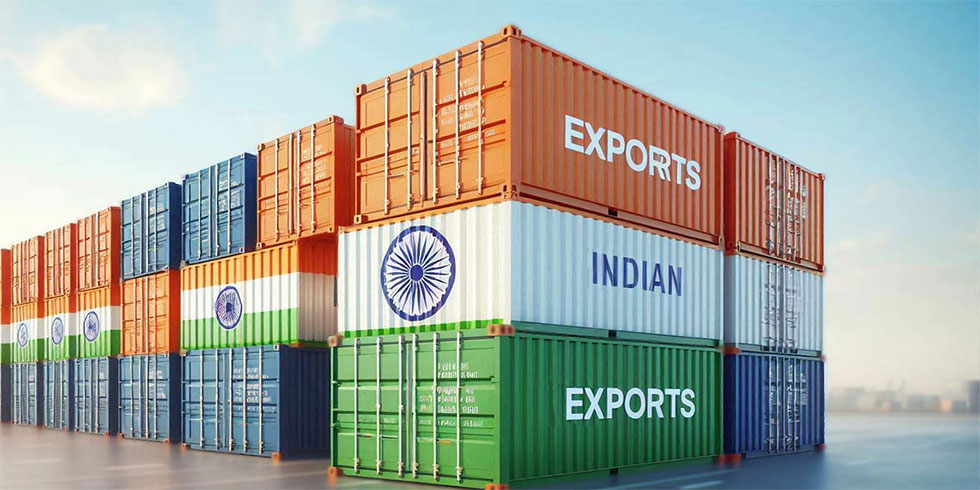
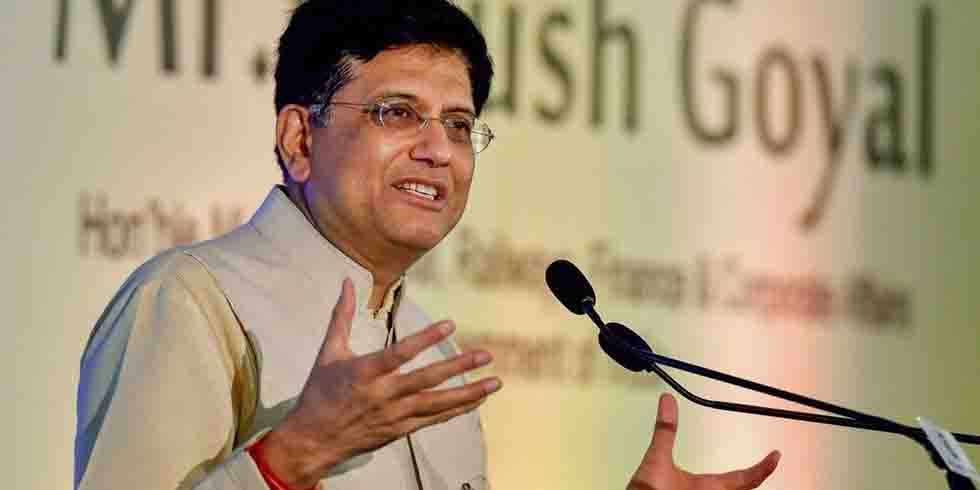
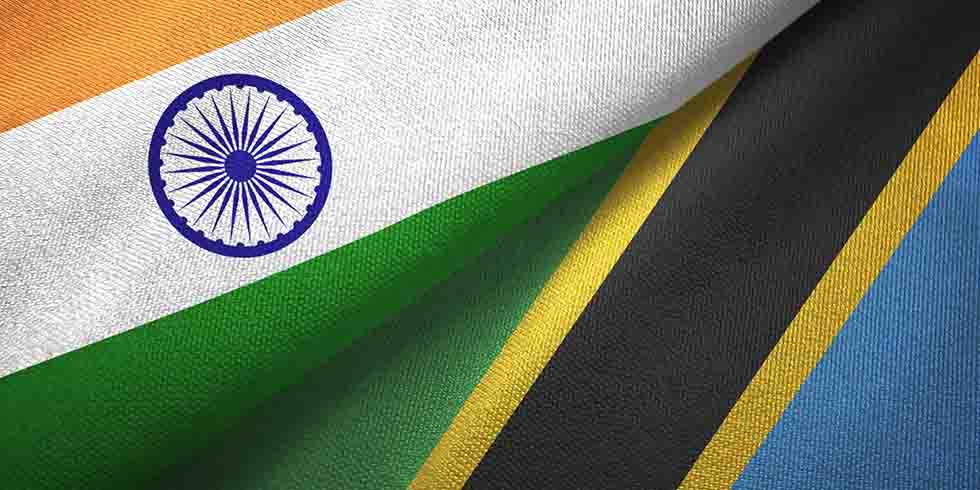
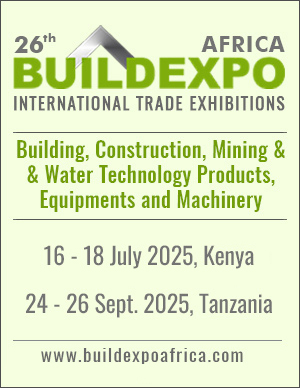


Add Comment